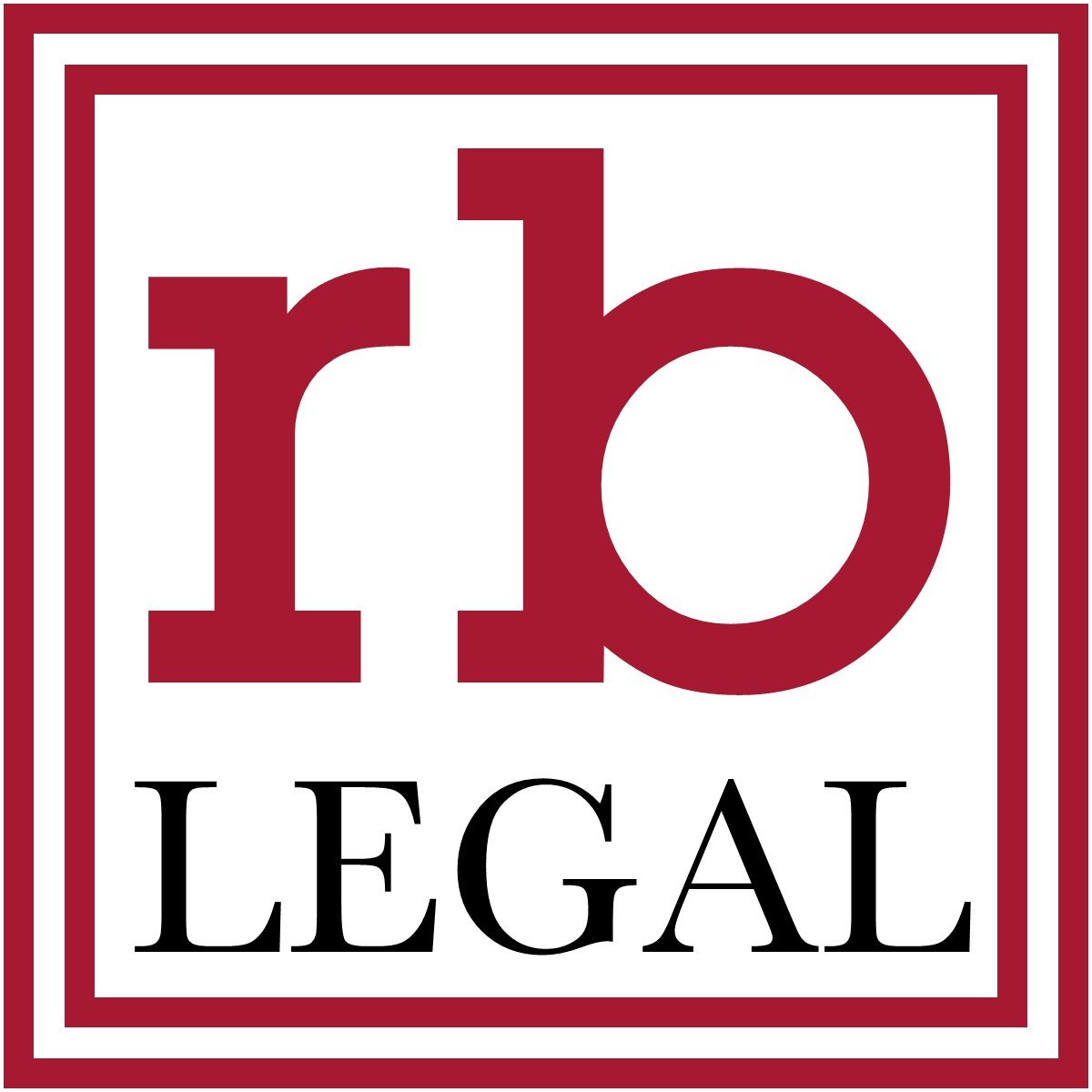If you have ever updated your estate plan or created entirely new provisions, you may have more than one will. Many people believe having multiple wills cannot do any harm, but that is not usually the case.
Leaving behind more than one will could cause problems and confusion for your heirs and the probate court. Here are two specific dangers of having multiple wills associated with you and your estate.
Accidental will revocation
In most situations, creating a new will revokes all prior wills. Generally, this means your most recent will be considered valid, superseding any earlier versions.
However, the challenge may lie in determining which will is indeed the most recent. If you fail to revoke preceding versions, the court may need to spend more time assessing your true intent, which could prolong the probate process.
Disputes among your family
Say that you leave behind two different wills, but the court determines which one is valid relatively quickly. Leaving the two behind can still create problems with your estate.
For example, your family members may disagree about which will is valid, possibly putting your beneficiary and heir designations at risk. They may challenge the will in probate court, believing your prior will reflects your true wishes.
Revoke your prior wills
Remember to revoke all earlier versions when you update your estate plan or create an entirely new will. You can include language in your new will that revokes previous documents or physically destroy your old wills.
A legal representative can also help you manage your estate planning documents so that your intentions are always clear.



